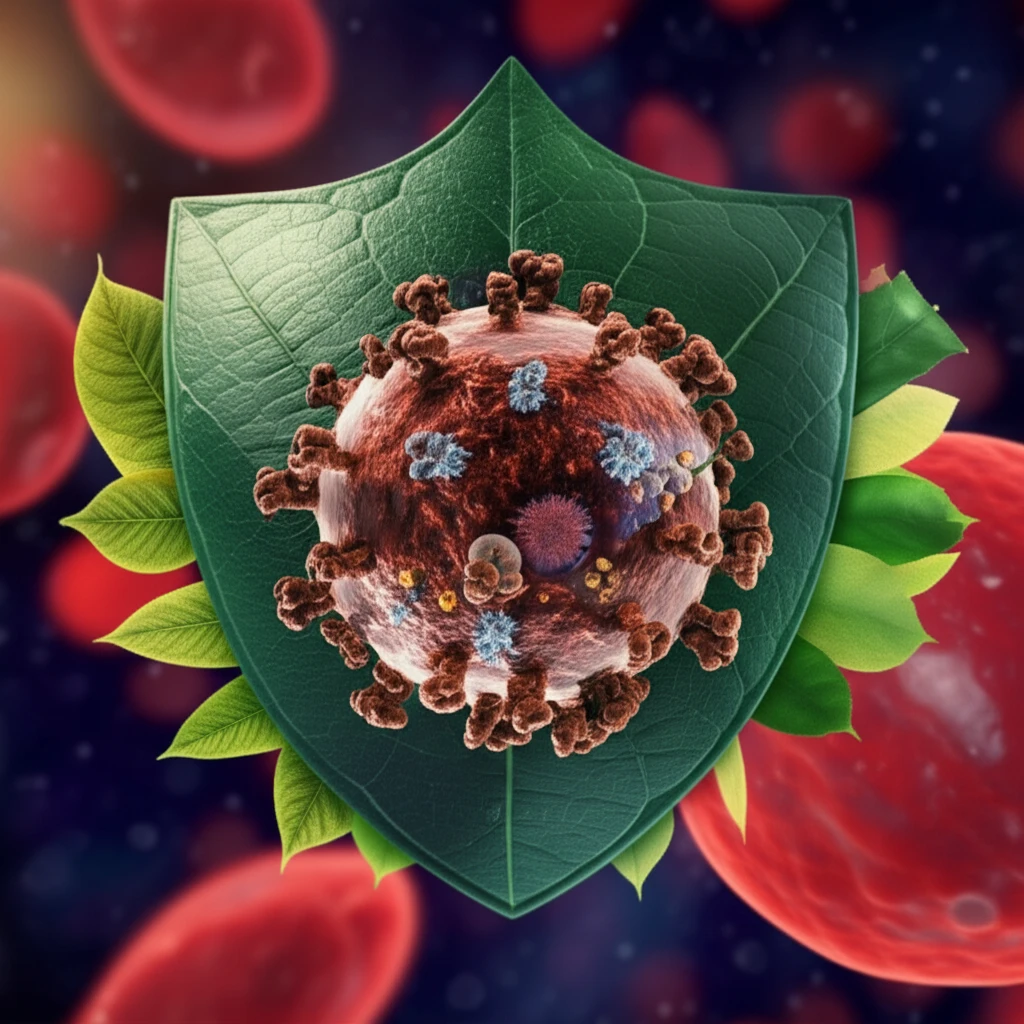
Could These Plant Extracts Be the Key to Combating RSV?
"New research explores the potential of Alchornea cordifolia and Alchornea floribunda in fighting respiratory syncytial virus (RSV)."
Respiratory syncytial virus (RSV) is a widespread infection, particularly threatening to infants and young children. Currently, no effective vaccine or specific antiviral treatment exists, making the search for preventive and therapeutic options a global health priority. Natural compounds found in plants offer a promising avenue for new drug discoveries.
Recent studies have focused on the potential of plant-based remedies to combat RSV. These investigations aim to identify natural substances that can inhibit the virus and alleviate its effects, offering a more accessible and potentially less harmful approach to treatment. This article explores the groundbreaking research on two specific plant extracts and their surprising effectiveness against RSV.
This article will focus on a study highlighting the antiviral properties of Alchornea cordifolia (AC) and Alchornea floribunda (AF), two plants traditionally used in African medicine. The research explores how extracts from these plants can interfere with the RSV lifecycle, potentially paving the way for new treatments and preventive strategies.
How Were the Anti-RSV Properties of These Plants Evaluated?

Scientists conducted a series of laboratory experiments to assess the antiviral capabilities of AC and AF extracts. These experiments included:
- Plaque Reduction Assay: A modified viral plaque reduction assay was used to measure the ability of the plant extracts to reduce the number of viral plaques, indicating antiviral activity.
- Cell Viability Assays: MTT assays were performed to assess the impact of the extracts on cell health, ensuring that antiviral effects weren't simply due to cell toxicity.
- Time-of-Addition Assay: This assay helped determine at which stage of the viral lifecycle the extracts were most effective, providing insights into their mechanism of action.
What's Next for Plant-Based RSV Treatments?
The study's findings highlight the potential of AC and AF extracts as a source of antiviral agents against RSV. While further research is needed, these initial results suggest that these plant extracts could play a significant role in developing future treatments for this common respiratory virus. Future investigations could focus on isolating the specific compounds within the extracts responsible for the antiviral activity, optimizing extraction methods, and conducting clinical trials to evaluate their safety and effectiveness in humans.
